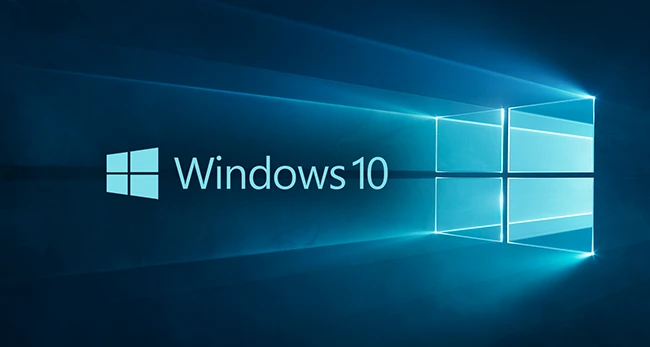European Windows 10 users get an additional year of free security updates
Windows 10 users in the European Economic Area (EEA) will be able to receive extended security updates until October 14, 2026, without having to pay for them or to back up their settings, apps, or credentials to the Microsoft cloud.

Microsoft backtracks under pressure
Microsoft seemingly made the decision due to the pressure exerted by Euroconsumers, a group that advocates for EU policies that benefit consumers.
Euroconsumers believes that the issue of paid or conditional access to the ESU service would contravene Article 6(6) of EU’s Digital Markets Act, which prohibits large digital platforms designated as “gatekeepers” under the DMA to “restrict technically or otherwise the ability of end users to switch between, and subscribe to, different software applications and services that are accessed using the core platform services of the gatekeeper.”
The problem, as they see it, is Microsoft essentially nudging users towards the “free” option of creating a Microsoft Account and backing up their Windows 10 devices to OneDrive.
But, as noted in the letter sent by Euroconsumers to Microsoft Ireland Operations, there’s still the matter of the ESU program being limited to one year.
“Such a short-term measure falls short of what consumers can reasonably expect for a product that remains widely used and does not align with the spirit of the Digital Content Directive (DCD), nor the EU’s broader sustainable goals,” the organization noted.
“Unlike previous operating system upgrades, which did not typically require new hardware, the move to Windows 11 does. This creates a huge additional burden for consumers, with some estimates suggesting that over 850 million active devices still rely on million Windows 10 and cannot be upgraded due to hardware requirements. By contrast, upgrades from Windows 7 or 8 to Windows 10 did not carry such limitations.”
In addition to that, the phasing out Windows 10 only four years after the launch of Windows 11 will impact “the viability of refurbished and second-hand devices”, which again means more electronic waste.
“We encourage Microsoft to consider a solution that protects consumer trust and supports sustainable use and refurbishment, rather than tying device replacement to the end of software support,” Euroconsumers concluded.
Microsoft’s decision was formally confirmed by a company spokesperson.
“In the European Economic Area, we’re making updates to the enrollment process to ensure it meets local expectations and delivers a secure, streamlined experience,” they told Windows Central. “Our goal is to support customers and provide them with options as they transition to Windows 11, with uninterrupted access to critical security updates.”
Windows 10 ESU outside of the EEA
Unfortunately, this win for European consumers is not a win for all Windows 10 home users. As things stand, they still have the option to either:
- Pay $30 USD for a year of security updates
- Use 1,000 of their accrued Microsoft Rewards points, or
- Use Windows Backup to sync their settings to the cloud.
The Windows 10 Extended Security Updates program for business customers will run longer and cost more: $61 USD for the first year of each Windows 10 ESU license, $122 USD for the second, and $244 USD for the third.

Subscribe to our breaking news e-mail alert to never miss out on the latest breaches, vulnerabilities and cybersecurity threats. Subscribe here!
